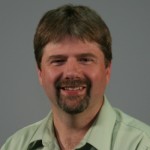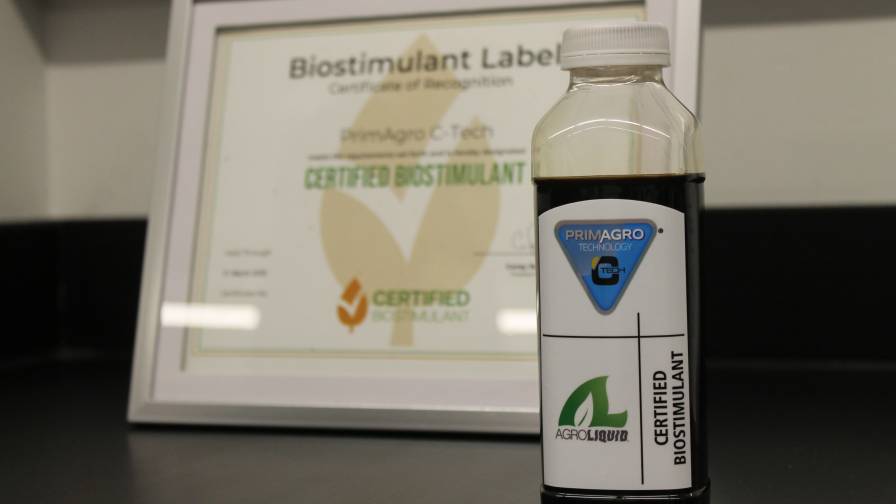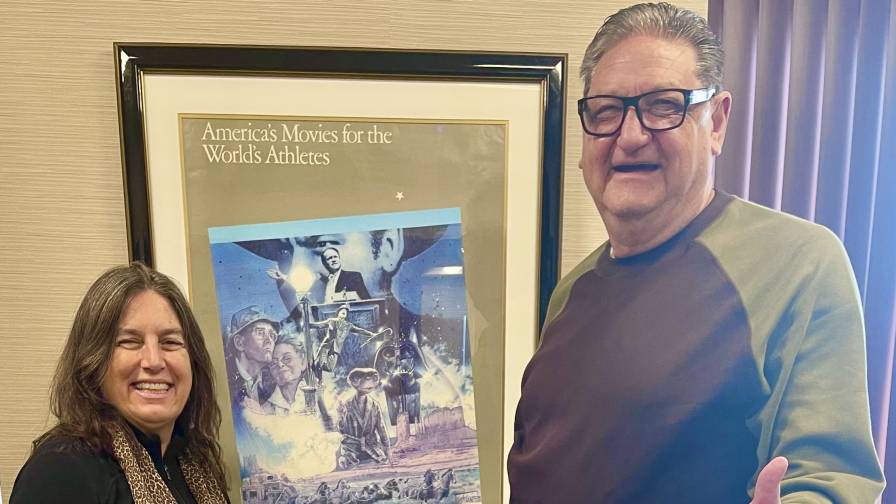Selling Seed With Knowledge
Given that agricultural retailers boast a half-century of expertise in fertilizer delivery and service, it’s no wonder that the gravitational pull of business keeps many salespeople locked into orbit around crop nutrients.
Conversely, seed selling at the agricultural retailer has barely cracked the decade mark at most establishments. And because the time and technique required to sell is so different than fertilizer, and the profit margin less lucrative, seed selling has been a nearly constant subject of frustration for retailers.
There have been, and still are, many legitimate barriers to adopting a “lead with seed” approach. The cultural barriers within the retail establishment are a part of it, as is the cost to store seed, the need to train and develop seed staff, and of course the fact that where farmer seedsmen are the main competition, an input customer can also be a competitor on the seed front.
But it is important to understand that a long-term commitment to cultivating seed business does create loyalty, and nothing less than a long-burn, high-trust relationship will get a grower on the right side of your seed efforts.
Winfield Solutions, LLC, an input and seed distributor which services retailers, provides a good example of how seed relationships can be cultivated over the long haul. Its emphasis on providing information to growers throughout the year through its interactive Answer Plot Knowledge Event program builds the trust that leads to a smoother sales road for member cooperatives.
On-The-Ground Training
The Answer Plot program concept was launched in 1998 as a way to train cooperative agronomists on seed. The goal was to help agronomists learn how to talk about variables such as genetic types and planting populations while getting them familiar with the seed business.
Starting with two plots in Iowa, the program has grown to 154 locations this past year in 30 states, with a goal of reaching 175 in 2011. The Answer Plots drew more than nearly 6,000 agronomists three to four times a year to summer events, and more than 20,000 growers working on about 12 million acres attended Answer Plot events this year.
Answer Plot locations are really miniature field research stations. Plot size averages 20 to 25 acres, and are used for a wide range of field testing.
“We test out experimental products, evaluate seed advancements, do trials on agronomic practices, and run crop protection product trials,” says Kevin Eye, director of the Answer Plot program as well as agronomy-seed services. During the season, they are used for education purposes.
On the seed side, Winfield Solutions carries its proprietary CROPLAN GENETICS brand, in addition to seed from Monsanto (Dekalb/Asgrow brands), Mycogen and Syngenta (NK Brand).
With such a wide range of alternatives, the Answer Plot program provides an important proving ground for traits and genetics in seed along with crop input demonstrations. But it also allows Winfield Solutions to take a “placement” approach to seed — that is, provide research and information that leads to optimal placement of a seed based on field history and conditions with less regard to seed brand.
Winfield Solutions calls this the R7 Placement Strategy: The right genetics for the right soil type at the right plant populations in the right cropping system, with the right traits fed the right plant nutrition and defended with the right crop protection.
The R7 Placement Strategy approach pairs up the retailer and the grower throughout the season, and integrates crop protection and fertilizer with seed selection to more closely align the agronomist with cropping decisions all along the way. Answer Plot events address each level of R7.
“The great thing about the Answer Plot program is that we are doing hands-on training,” says Eye. “Growers and agronomists get to see and touch things in the demonstration area, and seeing is believing. We are about getting growers to understand the technology, whether it’s Syngenta or Monsanto or something else. Years ago university Extension offered these events, but with cutbacks in funding it’s become a service we can provide to the industry.”
Eye’s division staff at Winfield Solutions includes operations and two training divisions. The operations division does the heavy lifting of setting up plots and executing the agronomic plan, as well as gathering the data from all the Answer Plot locations. Two teams of training professionals run the field days and interact with growers and agronomists throughout the season in addition to coordinating the three to four in-season plot tours.
The later sessions in the growing season are seed focused. Hot topics for attendees have included plant population in response to nitrogen use, what types of genetics perform best on different soil types, the performance of different trait packages.
“Ideally, the agronomist would leave that event, sit down with grower and make seed recommendations based on what he experienced at the Answer Plot,” says Eye.
When growers can’t make the designated field days, Answer Plot personnel invite the grower to come and visit at a time convenient for them. They also can review data from all the Answer Plot locations on line once it becomes available, providing even more information for growers to consider.
To help agronomists maintain contact with growers through the winter months, the Answer Plot program hosts winter grower knowledge events in conjunction with the retail location. “We try to dig deeper and provide more insight into answer plot data,” says Eye.
It has also been a way to improve relationships with seed companies, who have used the Answer Plot program for training and field days of their own.






